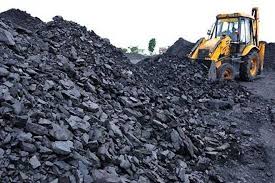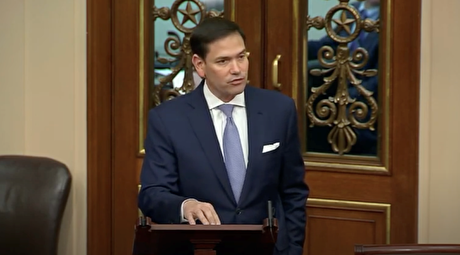
China utilities plan new coal import price index to curb volatility

Huaneng is working on the plan with China Datang Corp , Guangdong Yuedean Group and Zhejiang Energy, said Xu Zanfei, director of planning for Huaneng's fuel department, in a presentation at the 16th Coaltrans China conference.
The plan for an index also has the backing of smaller power companies, he said.
Even as China's government tries to cut the use of dirty fuels, coal still accounts for a majority of the country's power. Utilities have complained over the past two years that a prolonged rally in prices to record highs – due to tighter supplies of the fuel and strong demand – has hurt profits.
The plan also comes as utility executives say they are increasingly worried the government will expand efforts to curb imports, potentially fueling another rally and cutting their access to raw materials.
Imports are expected to fall 8 percent this year.
The new index – which Xu said will be launched "soon" – will cover 70 percent of China's total coal intake and will offer prices for southern and eastern imports. The utilities hope the huge volumes involved in supplying major Chinese power producers will induce coal suppliers to use the index in their contracts.
"We hope China can have some consistency (in its import policy). Imported coal is crucial for power plants in the coastal areas, especially in the summer when rail freight capacity is tight," Xu said.
Speaking on the conference sidelines after his presentation, Xu said the index will mainly reflect prices for material from Austrialia and Indonesia, which together accounted for almost two-thirds of China's coal imports last year.
Zhao Jianguo, the vice chairman of China's Coal Transportation Association, said the index has a decent chance of being used as an industry benchmark because it has backing from major utilities.
"This index is likely to be influential, because it will reflect prices purchased by power plants," he said on the sidelines of the conference.
This would be China's first price index for coal imports. The Bohai-Rim Steam-Coal Price Index (BSPI) is a widely used spot price benchmark for domestic trade.
Companies have different schemes for pricing their imports, but traders said having a coal price index may help make the market more transparent.


Codelco seeks restart at Chilean copper mine after collapse

Uzbek gold miner said to eye $20 billion value in dual listing

Hudbay snags $600M investment for Arizona copper project

BHP, Vale offer $1.4 billion settlement in UK lawsuit over Brazil dam disaster, FT reports

Peabody–Anglo $3.8B coal deal on the brink after mine fire

A global market based on gold bars shudders on tariff threat

Minera Alamos buys Equinox’s Nevada assets for $115M

SSR Mining soars on Q2 earnings beat

Century Aluminum to invest $50M in Mt. Holly smelter restart in South Carolina

Cleveland-Cliffs inks multiyear steel pacts with US automakers in tariff aftershock

Bolivia election and lithium: What you need to know

Samarco gets court approval to exit bankruptcy proceedings

US eyes minerals cooperation in province home to Reko Diq

Allegiant Gold soars on 50% financing upsize

Explaining the iron ore grade shift

Metal markets hold steady as Trump-Putin meeting begins

Trump to offer Russia access to minerals for peace in Ukraine

Gemfields sells Fabergé luxury brand for $50 million

Gold price stays flat following July inflation data

Cleveland-Cliffs inks multiyear steel pacts with US automakers in tariff aftershock

Bolivia election and lithium: What you need to know

Samarco gets court approval to exit bankruptcy proceedings

US eyes minerals cooperation in province home to Reko Diq

Allegiant Gold soars on 50% financing upsize

Explaining the iron ore grade shift

Metal markets hold steady as Trump-Putin meeting begins

Trump to offer Russia access to minerals for peace in Ukraine

Gemfields sells Fabergé luxury brand for $50 million














